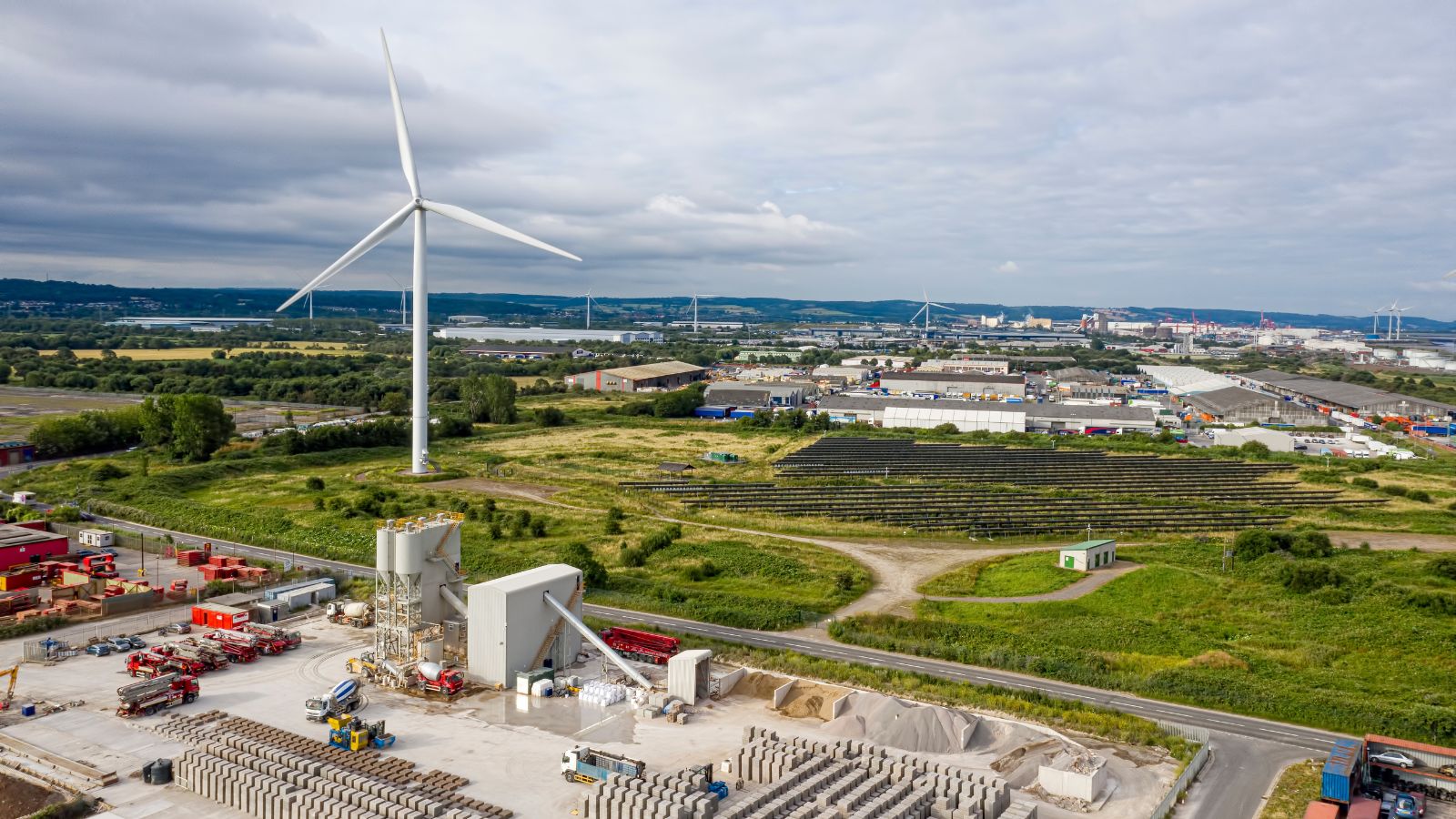In recent years, there’s been growing concern that the UK is not keeping pace with other nations in various critical areas. While the UK has a rich history and many strengths, there are clear signs that it’s lagging in some key sectors. Here are 20 ways the UK is falling behind.
Education System Challenges

“Britain’s education system is ‘failing on every measure,’” reveals Sky News. It struggles with outdated curricula and underfunded schools. While other nations are investing heavily in modernising education and prioritising STEM (science, technology, engineering, and mathematics) subjects, UK students often face larger class sizes and reduced resources.
Healthcare System Strain

A cornerstone of British society, the National Health Service (NHS) is facing unprecedented strain. Many countries have reformed their healthcare systems to improve efficiency and patient outcomes, but in contrast, the UK is grappling with long waiting times, staff shortages, and an ageing population. Other nations are embracing digital health solutions and streamlined services, leaving the UK behind.
Digital Infrastructure

High-speed internet and robust digital infrastructure are crucial for modern economies. However, the UK is lagging behind in providing fast and reliable internet access compared to other developed countries. Rural areas, in particular, suffer from poor connectivity, which hampers business growth and access to digital services.
Renewable Energy Adoption

While the UK has made strides in renewable energy, it’s not moving quickly enough to keep up with the global push towards sustainability. Nations like Germany and Denmark have heavily invested in wind, solar, and other renewable sources, achieving significant reductions in carbon emissions.
Public Transportation Efficiency

Public transportation in Britain, especially in cities, often struggles with delays, overcrowding, and outdated infrastructure. Other countries have invested in high-speed trains, efficient metro systems, and integrated transport networks. For example, Japan’s bullet trains and Switzerland’s punctual and extensive rail system highlight the UK’s failure to provide a seamless and efficient public transport experience.
Economic Inequality

Another growing concern is economic inequality, with a significant gap between the rich and the poor. Other countries have implemented effective social policies to reduce inequality and improve social mobility. The UK’s efforts have been less successful, resulting in persistent poverty and a lack of opportunities for many citizens.
Research and Development Investment

Innovation drives economic growth, but the UK is not investing enough in research and development (R&D). Countries like the United States, Germany, and China are significantly ahead in their R&D spending, pushing innovation and technological advancements.
Housing Affordability

Housing affordability is a pressing issue in the UK, too, with many people struggling to find affordable homes. At the same time, other countries have implemented effective housing policies and built more social housing to address this problem. For instance, Germany’s approach to rent control and the Netherlands’ social housing schemes have been more successful in providing affordable housing options.
Educational Attainment

The UK is falling behind compared to other countries when it comes to educational attainment. Nations like Finland and Singapore are consistently at the top of international education rankings thanks to their innovative teaching methods and emphasis on lifelong learning.
Environmental Policies

While the UK has made some progress in environmental policies, it still trails behind countries with more aggressive and comprehensive plans, such as those that have implemented ambitious environmental policies. The UK’s slower pace in adopting and enforcing stringent environmental regulations is evident.
Technological Adoption

Technological adoption in Britain is slower compared to leading tech nations. Countries like South Korea and Japan are quick to adopt and integrate new technologies, boosting their economies and improving quality of life. But, the UK’s more cautious approach means it often misses out on the early benefits of technological advancements.
Income and Wage Growth

Income and wage growth in the UK have been relatively stagnant compared to other developed countries. Australia and Canada, for example, have seen more robust wage growth, improving living standards for their citizens. The UK’s slower wage growth contributes to economic dissatisfaction.
Urban Planning and Development

The United Kingdom’s urban planning and development often face criticism for being slow and outdated. In contrast, cities in other countries are models of modern urban planning, with efficient use of space, green initiatives, and smart city technologies. The UK’s approach to urban development can seem sluggish and less innovative in comparison.
Educational Funding

Funding for education in the UK has been a contentious issue, with many arguing that it is insufficient to meet the needs of students and educators. Other countries have prioritised education funding, recognising its importance for future economic success. For example, the USA and Germany have substantially increased their educational budgets.
Healthcare Innovation

Healthcare innovation is not keeping pace with advancements seen in other countries, either, with nations like Israel and the United States at the forefront of medical research and health tech innovations. The UK’s slower adoption of new healthcare technologies and treatments means it risks moving behind.
Infrastructure Investment

Other countries such as China and the United Arab Emirates are investing heavily in modernising their infrastructure, from transport networks to urban developments. While in the UK, infrastructure projects often face delays and budget constraints, impacting economic growth and efficiency.
Renewable Energy Targets

While ambitious, Great Britain’s renewable energy targets are not as aggressive as those of some other countries. Norway aims to become carbon neutral by 2030, and Iceland already sources almost all of its energy from renewable sources. Therefore, this slower progress in meeting renewable energy targets is a concern for the environmental future.
Social Mobility

Social mobility in the UK remains a challenge, with many finding it difficult to move up the economic ladder compared to countries such as Canada and Australia, which have better social mobility frameworks. These offer more opportunities for individuals to improve their economic status.
Technology in Education

The integration of technology in education is another area where the UK is falling behind. Abroad, others have embraced digital learning and technology in classrooms, preparing students for the digital age. The UK’s slower adoption of educational technology means students may not be as well-prepared for the demands of the modern workforce.
Climate Change Mitigation

While the UK has committed to reducing carbon emissions, its efforts are not as advanced as those of other countries. Germany’s Energiewende initiative is a comprehensive strategy to transition to renewable energy, and New Zealand has made significant strides in environmental protection. The UK’s slower progress in climate change mitigation could have long-term consequences.







